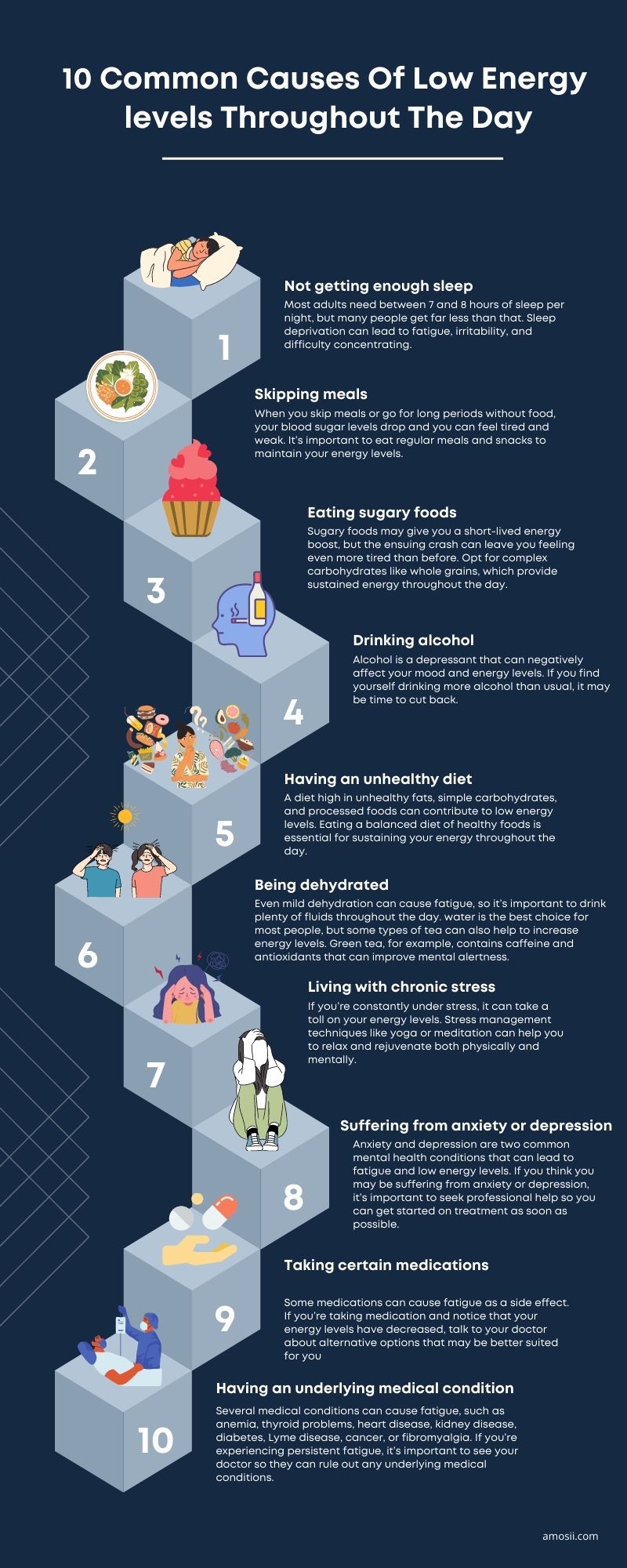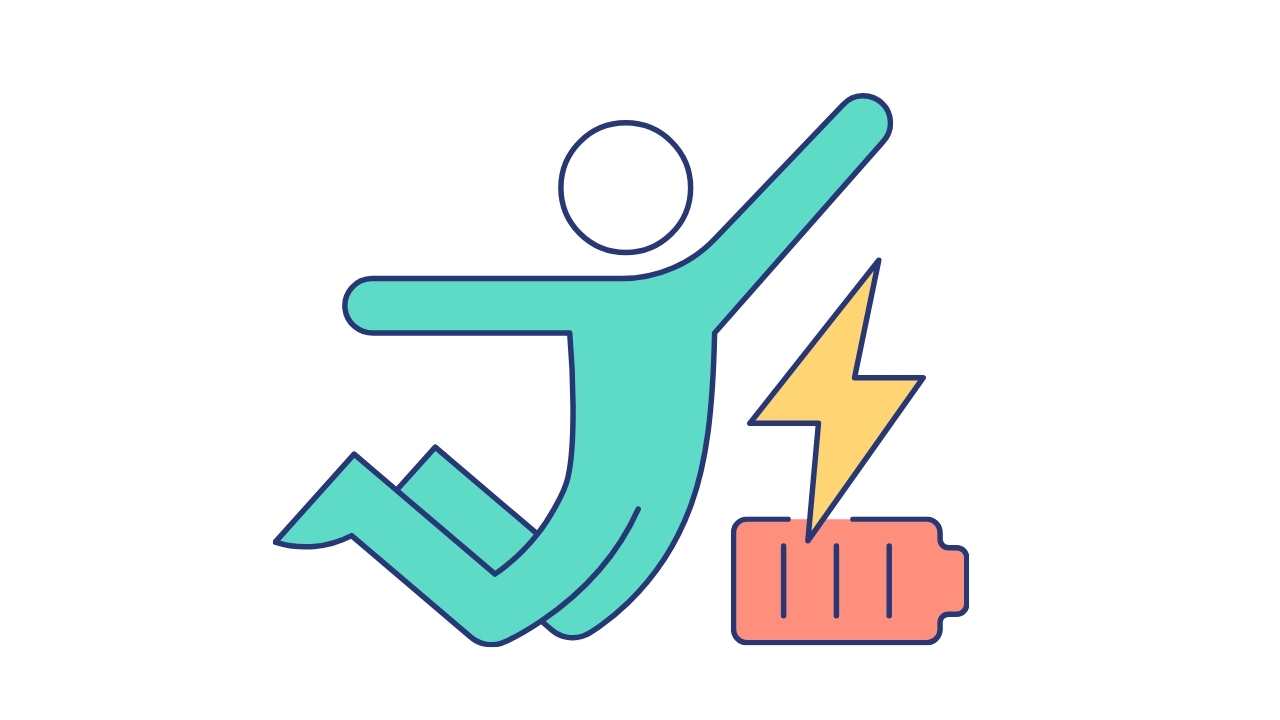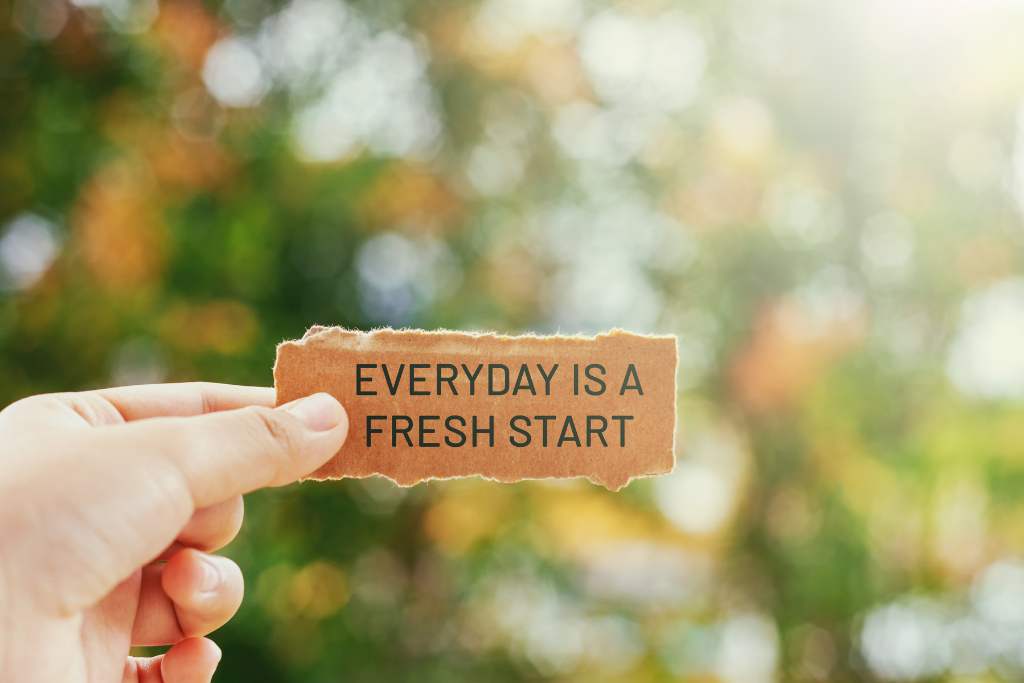Everyone has experienced that afternoon lull where it feels like you can’t keep your eyes open for even one more second.
It’s tempting to reach for a cup of coffee or a sugary snack for a quick energy boost, but these options will only give you a short-lived energy spike followed by an even bigger crash.
If you’re looking for ways to increase your energy levels throughout the day, there are some simple lifestyle changes you can make.
What Are Some Common Causes Of Low Energy levels Throughout The Day?

Low energy levels can be caused by a variety of factors, including diet, stress, and sleep deprivation. Here are 10 common causes of low energy levels:
1. Not getting enough sleep: Most adults need between 7 and 8 hours of sleep per night, but many people get far less than that. Sleep deprivation can lead to fatigue, irritability, and difficulty concentrating.
2. Skipping meals: When you skip meals or go for long periods without food, your blood sugar levels drop and you can feel tired and weak. It’s important to eat regular meals and snacks to maintain your energy levels.
3. Eating sugary foods: Sugary foods may give you a short-lived energy boost, but the ensuing crash can leave you feeling even more tired than before. Opt for complex carbohydrates like whole grains, which provide sustained energy throughout the day.
4. Drinking alcohol: Alcohol is a depressant that can negatively affect your mood and energy levels. If you find yourself drinking more alcohol than usual, it may be time to cut back.
5. Having an unhealthy diet: A diet high in unhealthy fats, simple carbohydrates, and processed foods can contribute to low energy levels. Eating a balanced diet of healthy foods is essential for sustaining your energy throughout the day.
6. Being dehydrated: Even mild dehydration can cause fatigue, so it’s important to drink plenty of fluids throughout the day. water is the best choice for most people, but some types of tea can also help to increase energy levels. Green tea, for example, contains caffeine and antioxidants that can improve mental alertness.
7. Living with chronic stress: If you’re constantly under stress, it can take a toll on your energy levels. Stress management techniques like yoga or meditation can help you to relax and rejuvenate both physically and mentally.
8. Suffering from anxiety or depression: Anxiety and depression are two common mental health conditions that can lead to fatigue and low energy levels. If you think you may be suffering from anxiety or depression, it’s important to seek professional help so you can get started on treatment as soon as possible.
9). Taking certain medications: Some medications can cause fatigue as a side effect. If you’re taking medication and notice that your energy levels have decreased, talk to your doctor about alternative options that may be better suited for you.
10). Having an underlying medical condition: Several medical conditions can cause fatigue, such as anemia, thyroid problems, heart disease, kidney disease, diabetes, Lyme disease, cancer, or fibromyalgia. If you’re experiencing persistent fatigue, it’s important to see your doctor so they can rule out any underlying medical conditions.
How Can You Identify If You’re Experiencing Low Energy Levels?
Feeling tired can be caused by many different factors, ranging from lack of sleep to a medical condition.
However, there are some general warning signs that can help you to identify if you’re experiencing low energy levels.
One of the most common symptoms is a persistent feeling of fatigue, even after getting a full night’s sleep.
You may also find it difficult to concentrate or motivate yourself to perform even simple tasks.
If you’re struggling with low energy levels, it’s important to speak to your doctor.
They will be able to rule out any underlying medical conditions and provide advice on how to improve your energy levels.
In the meantime, there are some simple lifestyle changes that can help, such as eating a healthy diet and getting regular exercise.
What Are Some Healthy Ways To Increase Your Energy Naturally?
1. Eat more protein: Protein-rich foods are essential for boosting energy levels. Foods like chicken, fish, eggs, and legumes are all excellent sources of protein.
2. Get enough sleep: Most people need around eight hours of sleep per night.Getting enough sleep helps to replenish energy levels and improve overall physical and mental health.
3. Exercise regularly: Exercise is a great way to increase energy levels naturally. Just 30 minutes of moderate exercise can help to improve energy and stamina.
4. Limit alcohol intake: Alcohol can cause fatigue and disrupt sleep, so it’s important to limit intake if you’re trying to boost your energy levels.
5. Eat more fruits and vegetables: Fruits and vegetables are packed with nutrients that are essential for good health and increased energy levels.
6. Stay hydrated: drink plenty of water throughout the day to stay hydrated and avoid fatigue.
7. Avoid processed foods: Processed foods are often high in sugar and low in nutrients, which can lead to fatigue and low energy levels. Instead, focus on eating whole, unprocessed foods like fruits, vegetables, and whole grains.
8. Limit caffeine intake: Too much caffeine can cause jitters and anxiety, so it’s important to limit intake if you’re trying to boost your energy levels naturally.
9. Get some fresh air: Spending time outdoors in nature can help to increase energy levels by exposing you to fresh air and sunlight.
10. Practice relaxation techniques: Stress can cause fatigue, so it’s important to find ways to relax and de-stress every day. Techniques like yoga, meditation, and deep breathing can help to promote relaxation and increased energy levels.
What Are The Benefits Of Having More Energy Throughout The Day?
Most people have experienced the mid-afternoon slump when their energy levels drop and they start to feel sleepy.
However, there are some simple lifestyle changes that can help you increase your energy levels and avoid the afternoon slump.
Here are 10 benefits of having more energy throughout the day:
1. You’ll be more productive.
2. You’ll be in a better mood.
3. You’ll have more mental clarity.
4. You’ll be less likely to overeat.
5. You’ll be able to exercise more effectively.
6. You’ll sleep better at night.
7. You’ll have more patience with others.
8. You’ll be less likely to get sick.
9. You’ll age more slowly.
10. You’ll feel happier overall.







